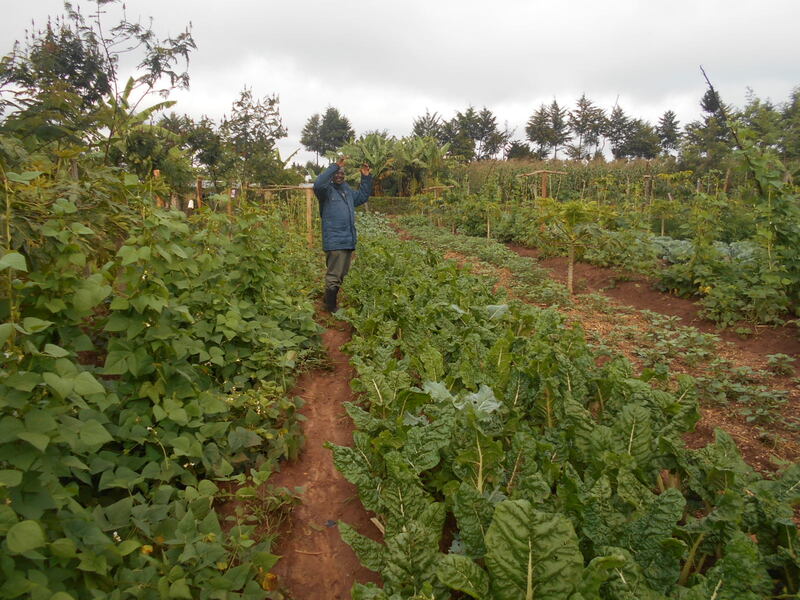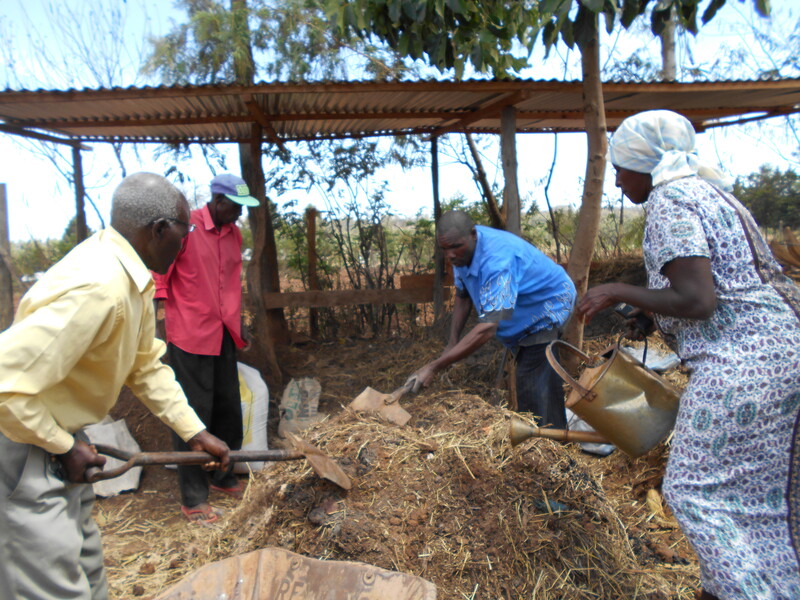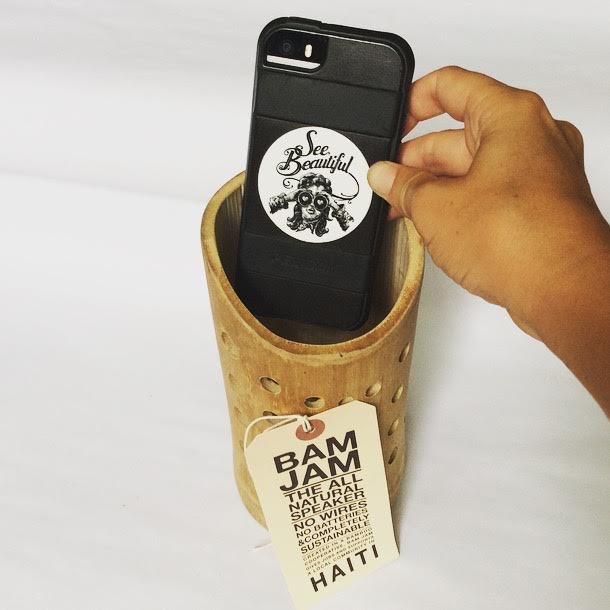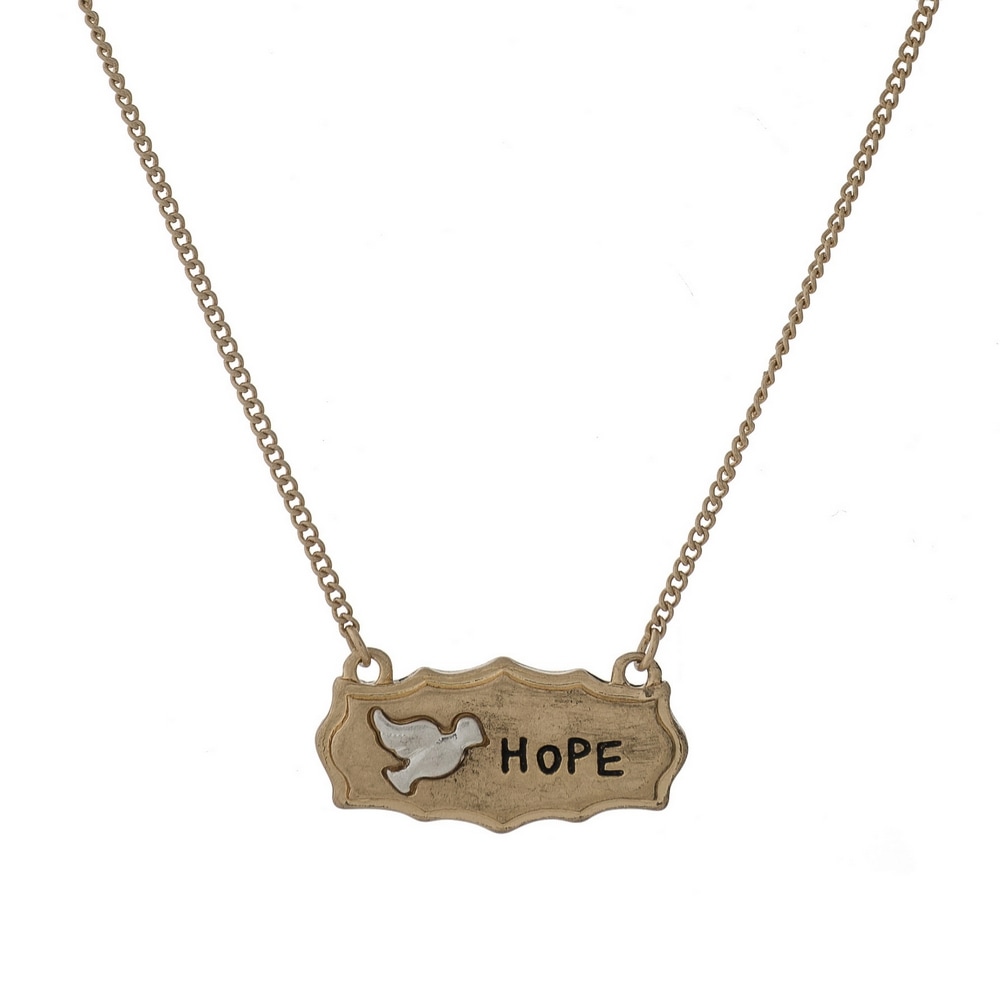|
The feature below is brought to you by Community Mobilization Against Poverty, an organization that is in the running to receive a See Beautiful Grant. For more information about all of our giving initiatives, please click here. To learn more about CMAP, please visit their website page: here.  Collaborating with FarmersCMAP strongly believes that poor soil health, inadequate crop diversity, lack of crop rotation and poor farm planning are among the primary factors contributing to rural poverty, poor family health and environmental degradation in Kenya. These negative trends can only be reversed if farmers can obtain access to relevant technical information about low cost biologically based alternatives. Moreover, the rate of use and sustainability can be increased if farmers learn how to test and refine these alternatives. CMAP’s overall strategy, therefore bears three primary components; adaptive research [for technology generation, verification and transfer] extension [for technology transfer, scaling up and exit strategies] and publication [for documentation, collaboration and dissemination]. The adaptive research and extension programs are independent and closely linked by design. The adaptive research program carries extension methods [on-farm trials, farmer group training and discussions, farmer-to- farmer visits, individual farmer follow-ups, farmer tours, field days, and farmer group evaluations] in order to influence the transfer and adoption of beneficial results. The extension program bears elements of research [on-farm trials] in order to elicit farmer evaluation and subsequent adoption of desirable practices. The publication component is a function of program activities, farmer interactions and networking. The project mostly covers remote parts of Trans-Nzoia County. The dominant soils are low in natural soil health. Baseline data collected in the target communities indicates that almost three-quarters of the economically active population is composed of subsistence farmers –with an average land holding of 1-10acres. Because of population pressure the size of family land holdings has continued to decrease. The average family size is 6; polygamy is also common. The level of family income, which is mostly derived from farm produce, is very low. 60% of farmers get approximately US$100 from the sale of farm produce. Most of these farmers are are living in poverty. Crop production is dominated by maize [90% of cultivated land], intercropped with common beans. Crop yields are extremely low due to poor soil health and increasing pest and disease problems. Crop diversity is inadequate with farmers in these communities facing an average of 3.3 hunger months annually. Due to a myriad of economic factors, farmers are no longer able to purchase agricultural inputs. In the hope of raising cash, farmers often delay planting. Most of them end up applying no fertilizers. Others end up replanting hybrid maize seeds from the previous season’s harvest. This situation exacerbates their farm productivity problems. They are frantically looking for more sustainable alternatives. Our major emphasis is on transforming food and agricultural systems, through addressing the root causes of challenges facing the small-scale farmers in an integrated way and providing holistic and long-term solutions without these solutions becoming new challenges. This focus is primarily vested in the adaptive research program to conduct both on-station and on-farm experimentation. The program has succeeded in developing a variety of promising component technologies with the help of farmer input and collaboration. CMAP has made progress in helping farmers to attempt to integrate the technologies into their production systems. Early work on organic /inorganic fertilizer combinations has resulted in dramatic yield increase by farmers. This particular fertilization alternative is being widely adopted by the majority of farmer participants. CMAP has identified two drought tolerant legumes, lablab and mucuna , as the most promising species for producing a substantial amount of dry matter during the four-month dry season when the land is otherwise fallow. Together with farmers, the organization has explored the species green manure potential and the possibilities for incorporating them into the existing cropping system. The target farmers are adopting the lablab based system because [I] incorporating the residues dramatically increases maize yield. [ii] they feel that the labour demands associated with an in-situ legume based system are substantially lower than using composts as maize fertilizer. The organization has verified and evaluated-together with the farmer collaborators- improved bean varieties]. Desirable varieties of soya beans, cowpeas, Irish potatoes and on open pollinated maize variety have also been tested and evaluated with farmers. Participating farmers are now multiplying and maintaining their own seed stock of these crop varieties. A model farm been has been initiated to stimulate the farmers’ situations. The two-acre farm acts as a farmer-training tool in farm planning. Many farmers have appreciated that it is possible to plan and satisfy the family’s basic needs from a small land holding. Farmer training aids have been developed with regards to organic manure preparation and management, organic matter concepts and general soil and crop management practices. All training aids are used during farmer training workshops and have proved to be effective tools for training farmers. During 2019 period CMAP directly helped 312 small-scale farmers in five communities in their great effort for better lives. A further 108 people benefited indirectly from our activities. This group of farmers generally is realizing improved food security. There is now need to scale-up the transfer for adoption of beneficial technologies beyond the farmer collaborators, across to new communities. There is equal need to consolidate exit strategies in order to sustain technology transfer, information sharing and adoption beyond the project period. This proposal is seeking support from See Beautiful towards the scaling up of Agroecology farming methods and practices. More farmers and new communities shall be targeted. Participant farmers shall be viewed as proponents of dissemination; they will be challenged and encouraged to reach other farmers. Training workshops shall be organized for both new and old farmer collaborators. Documentation of impact and limitations shall be prioritized; the monitoring and evaluation progress shall be explicit. Submitted by Moses MukongoDevelopment Coordinator, CMAP
1 Comment
moses mukongo
8/3/2020 03:33:11 am
Website still under reconstruction and will be ready soon.
Reply
Leave a Reply. |
See beautiful in yourself.
|




 RSS Feed
RSS Feed



